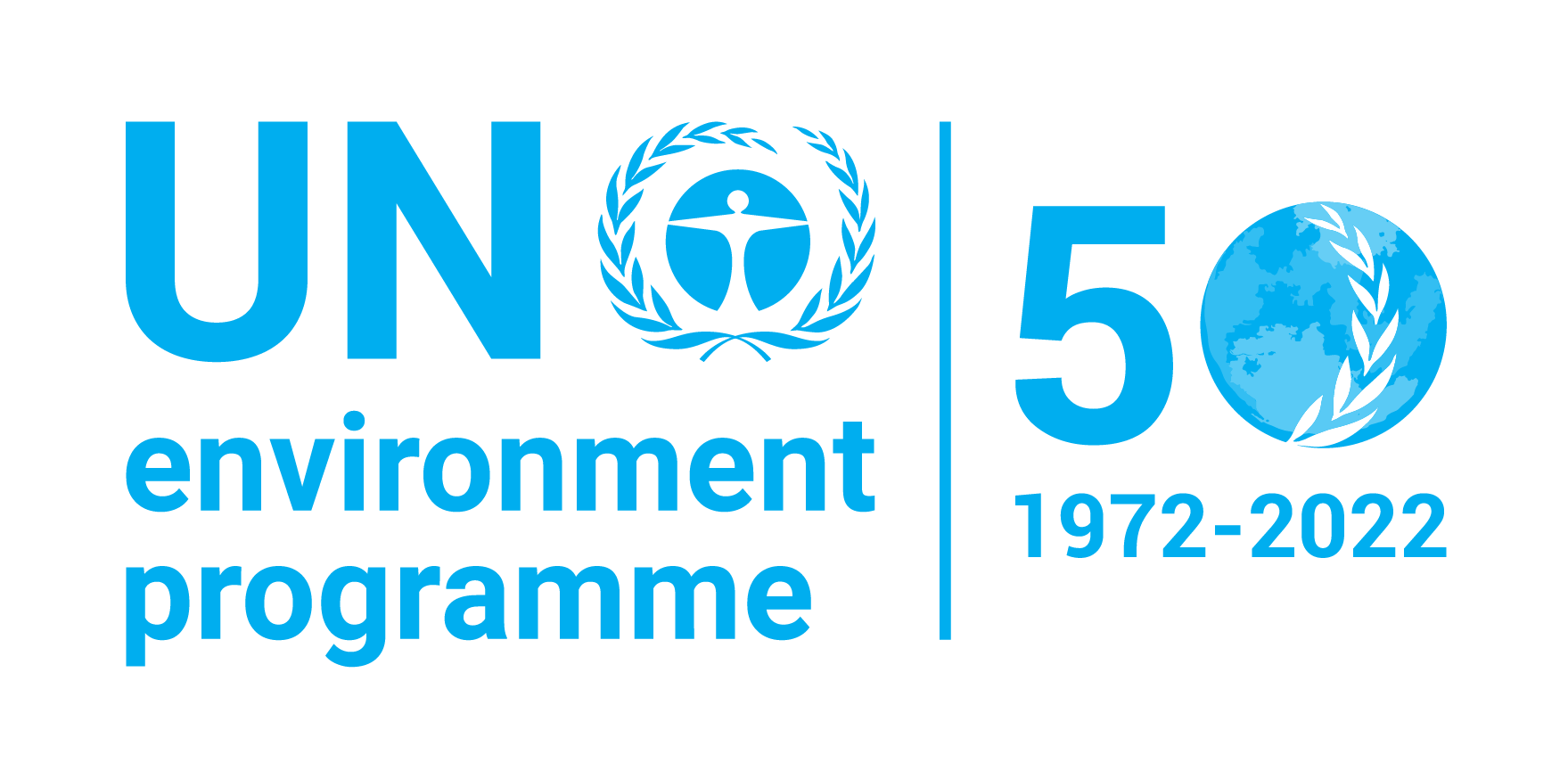| dc.contributor | Economy Division | en_US |
| dc.contributor.author | United Nations Environment Programme | en_US |
| dc.contributor.author | World Health Organization | en_US |
| dc.coverage.spatial | Global | en_US |
| dc.date.accessioned | 2019-08-08T21:28:40Z | |
| dc.date.available | 2019-08-08T21:28:40Z | |
| dc.date.issued | 1979 | |
| dc.identifier.isbn | 9 24 154069 9 | en_US |
| dc.identifier.uri | http://hdl.handle.net/20.500.11822/29274 | |
| dc.description | Although the ecological aspects of DDT, including its possible accumulation in some components of the food chain, its metabolism in micro-organisms and plants, as well as its effects on terrestrial and aquatic ecosystems are, no doubt, of great interest and importance, this document is concerned with the discussion of its metabolism and effects in experimental animals and man that have direct implications for human health. | en_US |
| dc.format | Text | en_US |
| dc.language | English | en_US |
| dc.rights | Public | en_US |
| dc.subject | ENVIRONMENTAL HEALTH | en_US |
| dc.subject | CARCINOGENS | en_US |
| dc.subject | CHEMICALS | en_US |
| dc.subject | POLLUTION | en_US |
| dc.subject | DICHLORODIPHENYLTRICHLOROETHANE | en_US |
| dc.subject | DDT | en_US |
| dc.title | Environmental Health Criteria 9: DDT and its Derivatives | en_US |
| dc.type | Reports and Books | en_US |
| wd.identifier.sdg | SDG 3 - Good Health and Well-being | en_US |
| wd.tags | Pollution | en_US |
| wd.topics | Chemicals & waste | en_US |
| wd.identifier.pagesnumber | 192 p. | en_US |


